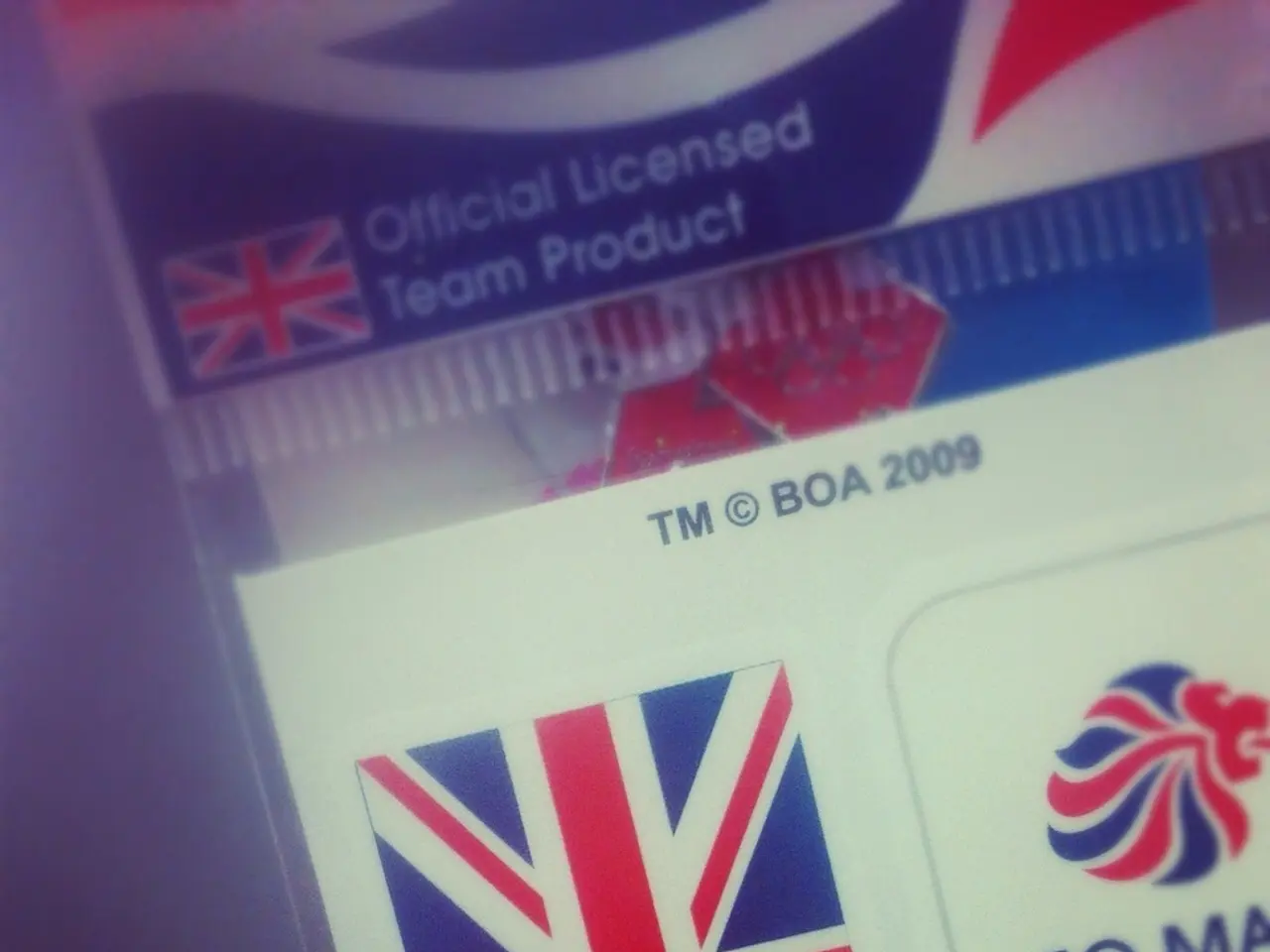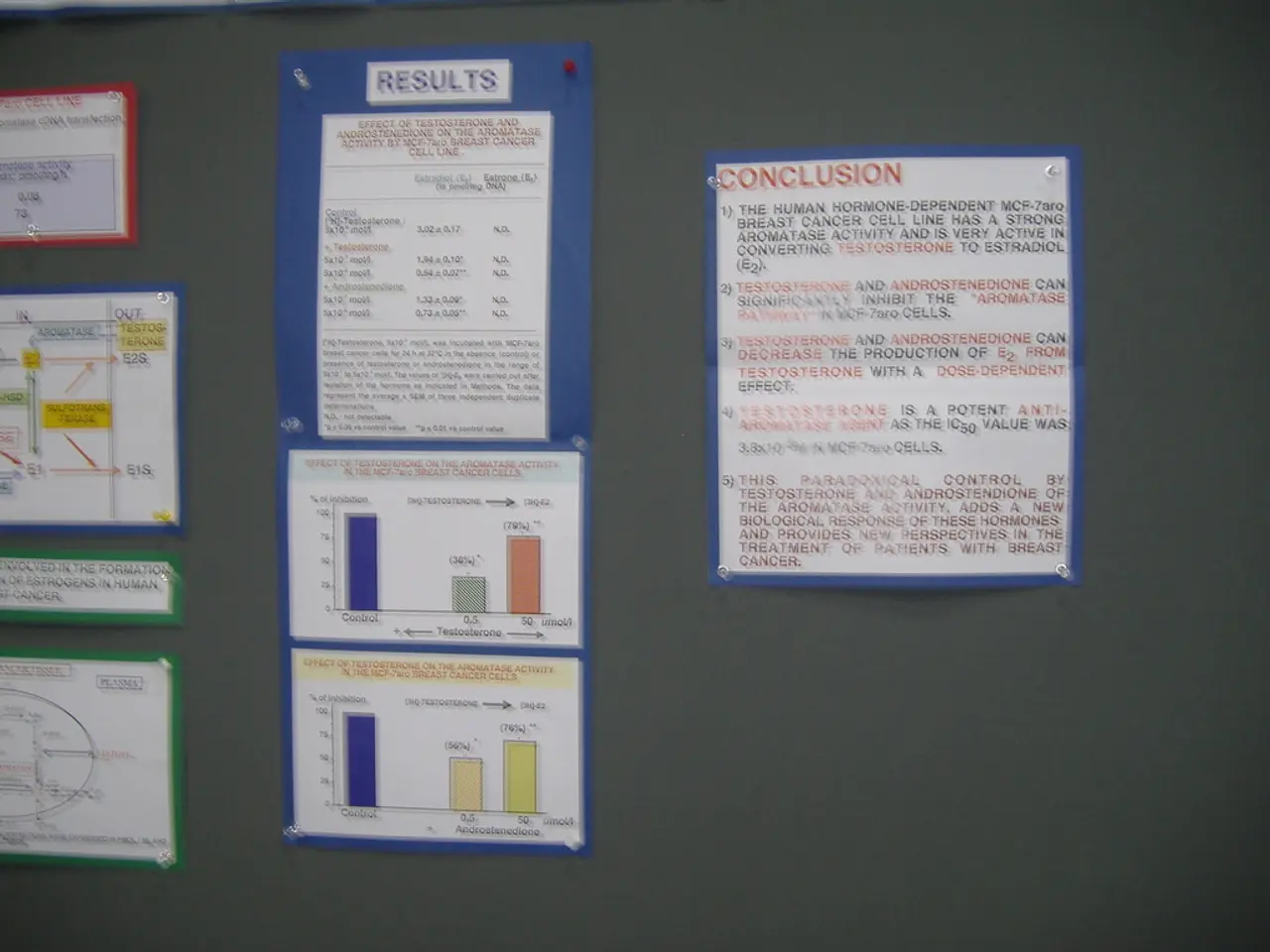Foreign Adversary Ownership Ruling under Review: NAB Requests FCC to Reconsider Proposal
Broadcasters and the FCC Debate Foreign Ownership Disclosure
The Federal Communications Commission (FCC) has proposed new rules to gather information about foreign adversary ownership or control from broadcast licensees, but the National Association of Broadcasters (NAB) has expressed opposition to these proposed rules.
The FCC's proposal, which includes limiting the certification obligation to those licensees that have disclosable foreign adversary control, aims to fill gaps in existing rules and provide a comprehensive view of threats from foreign government-owned entities. However, the NAB argues that the current rules already place an extraordinary burden on commercial radio and television licensees who only lease time to local entities, and that requiring a broad certification from all licensees about ownership or control by a foreign adversary is unnecessary and overly burdensome.
Under the FCC's proposal, broadcasters and other licensees would be required to certify whether they are owned, controlled, or subject to the jurisdiction of foreign adversaries, such as China, Russia, Iran, North Korea, and others. They would also be required to disclose detailed ownership information if affirmative. In contrast, the NAB proposes a more streamlined and less burdensome approach by relying on existing disclosure requirements rather than adopting the FCC's proposed new certification and reporting regime.
Currently, a licensee must request specific approval for all foreign individuals and entities that will have 5 percent direct or indirect equity and/or voting interest in the controlling U.S. parent. The NAB suggests that the FCC could gather foreign adversary control information from broadcast licensees more efficiently by relying on these existing disclosure requirements.
The FCC's Notice of Proposed Rulemaking (NPRM) also proposes requiring additional certification and reporting about foreign adversaries that do not own or control broadcast stations but that provide programming to the public through leasing arrangements. The commission allows broadcasters to lease all or part of their programming hours to outside parties, but parties leasing time are not required to disclose foreign ownership interests to the commission.
Reply comments on the FCC's proposal (GN Docket No. 25-166) are due Aug. 19. The NAB's opposition to the FCC's proposed rules comes as the White House has designated China, Russia, Iran, North Korea, Cuba, and the Maduro Regime in Venezuela as foreign adversaries. However, the NAB argues that the FCC's notice does not cite any instances of the commission inadvertently awarding a covered authorization to a licensee controlled by a foreign adversary.
In an earlier NPRM (GN Docket No. 25-149), the FCC proposed codifying certain rules about foreign ownership of broadcast licensees, including the limits to direct and indirect ownership. The NAB suggests adopting definitions consistent with these existing requirements to streamline the process of gathering information for certifications. The NAB also urges the FCC to increase the thresholds applicable to "dominant minority" interests, as the proposed thresholds are deemed too low to reflect control.
The FCC acknowledges the complexity of broadcast ownership structures, citing examples of ownership changes involving private equity funds and complex financial structures. However, the NAB argues that requiring thousands of licensees to submit certifications makes no sense, given the lack of evidence of foreign adversary control of radio and television licensees.
In conclusion, the debate between the FCC and the NAB over foreign ownership disclosure requirements for broadcasters is ongoing. The NAB is advocating for a more streamlined and less burdensome approach, while the FCC argues that its proposed rules are necessary to fill gaps in existing rules and provide a comprehensive view of threats from foreign government-owned entities. The final decision will likely be made after the Aug. 19 deadline for reply comments on the FCC's proposal.
- The Federal Communications Commission (FCC) is currently debating with broadcasters about new rules to disclose foreign ownership or control, with the FCC proposing a certification requirement for licensees, but the National Association of Broadcasters (NAB) arguing that the current rules already impose an extraordinary burden.
- Under the FCC's proposal, broadcasters would be required to certify whether they are owned, controlled, or subject to the jurisdiction of foreign adversaries, such as China, Russia, Iran, North Korea, and others, while the NAB proposes relying on existing disclosure requirements to make the process more efficient.
- The FCC's proposal includes limiting the certification obligation to those licensees that have disclosable foreign adversary control, aiming to provide a comprehensive view of threats from foreign government-owned entities, while the NAB argues that this new certification and reporting regime is unnecessary and overly burdensome.
- The debate centers around policy-and-legislation regarding finance and business, with the FCC suggesting that the current rules do not adequately address the risks posed by foreign government-owned entities, while the NAB argues that the current rules already provide sufficient protection in the industry, including general-news coverage of political affairs.




